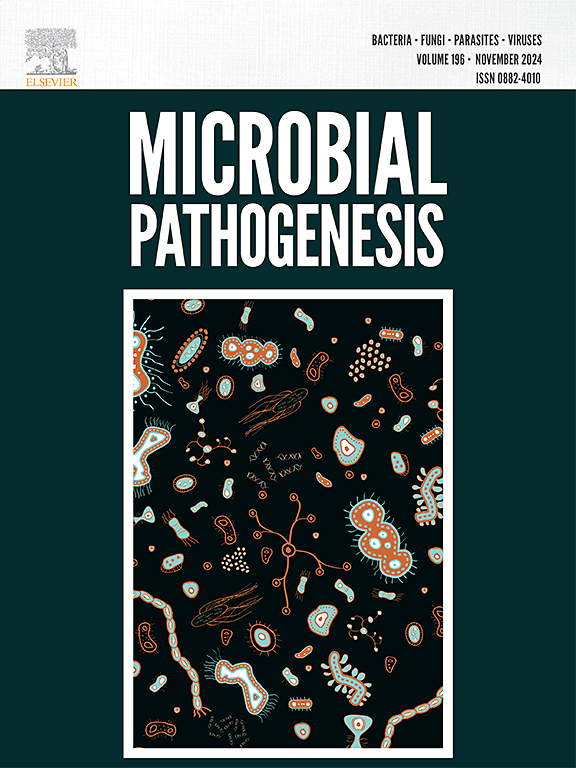与微生物盟友愈合:探索益生菌在伤口管理
IF 3.5
3区 医学
Q3 IMMUNOLOGY
引用次数: 0
摘要
由皮肤损伤引起的伤口会让有害细菌进入,可能导致严重的感染和全身问题。这种破坏也会导致生态失调,这是皮肤正常微生物环境的不平衡。通常,抗生素用于治疗伤口感染;然而,它们可以消除有益细菌,这可能会加剧微生物失衡,减缓愈合过程。随着对抗生素耐药性和副作用的担忧不断上升,益生菌等替代策略越来越受欢迎。益生菌是有益的微生物,通过增强免疫反应、减少炎症和促进组织再生来帮助伤口愈合。研究表明,特定的益生菌菌株可以增加胶原蛋白的产生,刺激血管的形成,加速伤口收缩,并促进必需生长因子的产生。此外,一些菌株有助于减少细菌负荷和调节局部免疫系统,从而改善组织修复和更快的伤口愈合。益生菌已在研究中有效使用,并纳入商业伤口护理产品,如局部凝胶,乳液和敷料。这些配方有助于预防感染,并通过恢复微生物平衡和加强皮肤屏障来促进愈合。益生菌具有增强组织再生和提供抗菌保护的诸多益处,是伤口护理中抗生素的可行且更安全的替代品。本文章由计算机程序翻译,如有差异,请以英文原文为准。

Healing with microbial Allies: Exploration of probiotics in wound management
Wounds caused by skin damage can allow harmful germs to enter, potentially leading to severe infections and systemic issues. This disruption can also result in dysbiosis, which is an imbalance of the skin's normal microbial environment. Typically, antibiotics are used to treat wound infections; however, they can eliminate beneficial bacteria, which may worsen microbial imbalance and slow the healing process. As concerns about antibiotic resistance and side effects continue to rise, alternative strategies such as probiotics are gaining popularity. Probiotics are beneficial microorganisms that aid in wound healing by enhancing immune responses, reducing inflammation, and promoting tissue regeneration. Research has shown that specific probiotic strains can increase collagen production, stimulate blood vessel formation, accelerate wound contraction, and encourage the generation of essential growth factors. Additionally, some strains help diminish bacterial load and modulate the local immune system, leading to improved tissue repair and faster wound closure. Probiotics have been effectively used in studies and incorporated into commercial wound care products like topical gels, lotions, and dressings. These formulations help prevent infections and promote healing by restoring microbial balance and strengthening the skin barrier. With numerous benefits that enhance tissue regeneration and provide antimicrobial protection, probiotics represent a viable and safer alternative to antibiotics in wound care.
求助全文
通过发布文献求助,成功后即可免费获取论文全文。
去求助
来源期刊

Microbial pathogenesis
医学-免疫学
CiteScore
7.40
自引率
2.60%
发文量
472
审稿时长
56 days
期刊介绍:
Microbial Pathogenesis publishes original contributions and reviews about the molecular and cellular mechanisms of infectious diseases. It covers microbiology, host-pathogen interaction and immunology related to infectious agents, including bacteria, fungi, viruses and protozoa. It also accepts papers in the field of clinical microbiology, with the exception of case reports.
Research Areas Include:
-Pathogenesis
-Virulence factors
-Host susceptibility or resistance
-Immune mechanisms
-Identification, cloning and sequencing of relevant genes
-Genetic studies
-Viruses, prokaryotic organisms and protozoa
-Microbiota
-Systems biology related to infectious diseases
-Targets for vaccine design (pre-clinical studies)
 求助内容:
求助内容: 应助结果提醒方式:
应助结果提醒方式:


